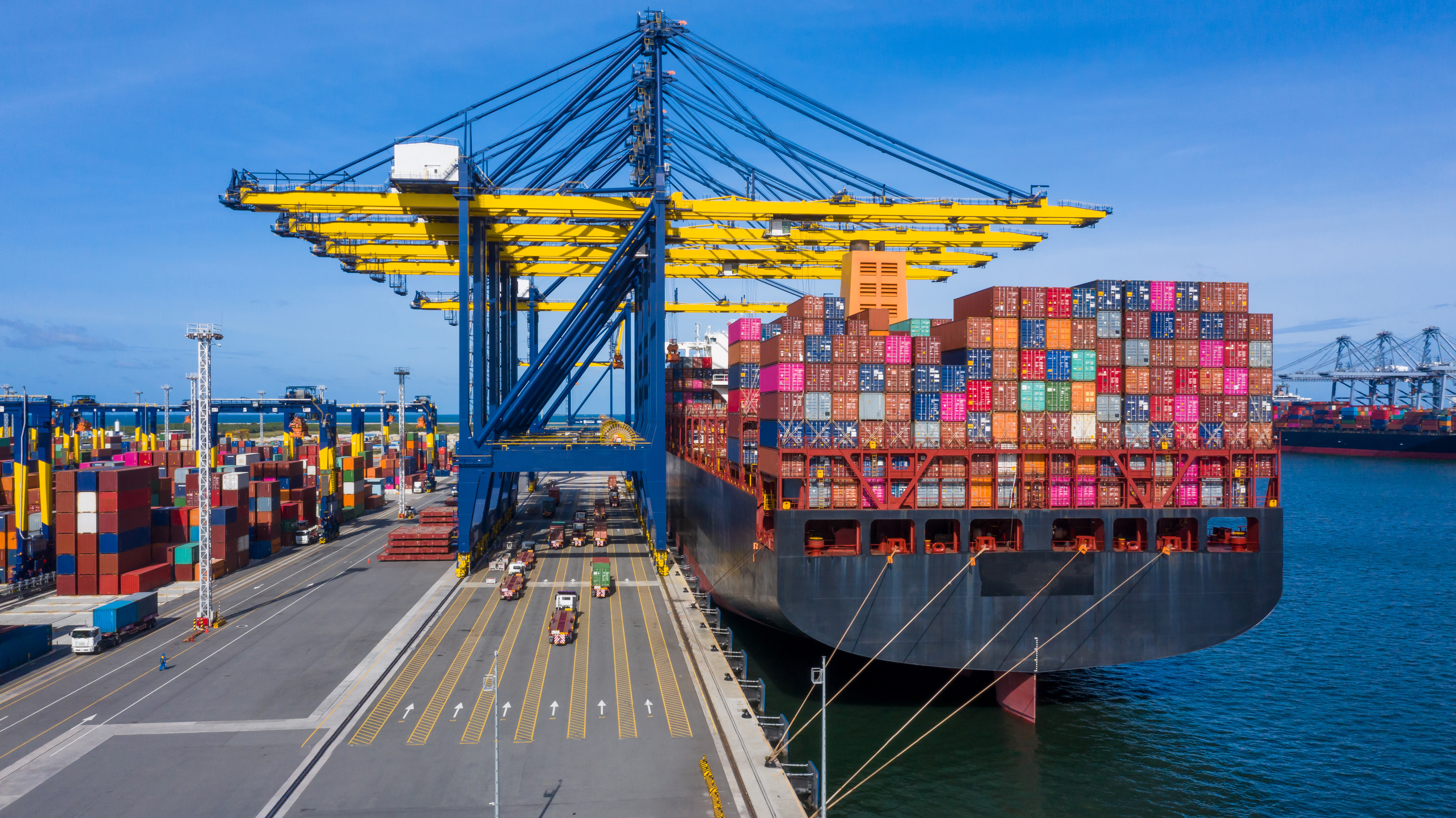MLC 2006 is a comprehensive international labour convention, that came into force in 2013, that sets out seafarers' rights to decent conditions of work and helps to create conditions of fair competition for shipowners.
Maritime Labour Convention (MLC 2006)
Read the latest general FAQs on the Maritime Labour Convention 2006, providing an overview of the MLC, who it applies to and more, including addressing certification, insurance, state schemes, seafarers, wages, information, termination and claims handling.
Adopted by the International Labour Conference of the International Labour Organization (ILO), in February 2006. The Convention "consolidates" and revises the existing international law on all these matters. It brings all, except four, of the existing maritime labour instruments (International Labour Standards (ILS)) together in a single Convention using a new format to reflect modern conditions and language.
MLC 2006 comes into force in August 2013, twelve months after the threshold of 30 member state ratifications with a total share in the world gross tonnage of ships of 33% was achieved. Currently, ratifying states account for approximately 60 per cent of world merchant shipping tonnage.
As an international legal instrument MLC 2006 does not apply directly to shipowners but, like all international law, relies on implementation by countries through their national laws or other measures. It is the national law or other measures would then apply to shipowners, seafarers and ships. The MLC, 2006 sets out the minimum standards that must be implemented by all countries that ratify it.
All merchant ships of 500 gross tons or over flagged to a ratifying state and, engaged in international voyages will need to show compliance by carrying a Maritime Labour Certificate and Declaration of Maritime Labour Compliance.
Ratifying states will also be required to incorporate MLC compliance as part of their Port State control. Every foreign ship calling, in the normal course of its business or for operational reasons, in the port of an ILO Member may be inspected to review compliance with the Convention in respect of the working and living conditions of seafarers on the ship




